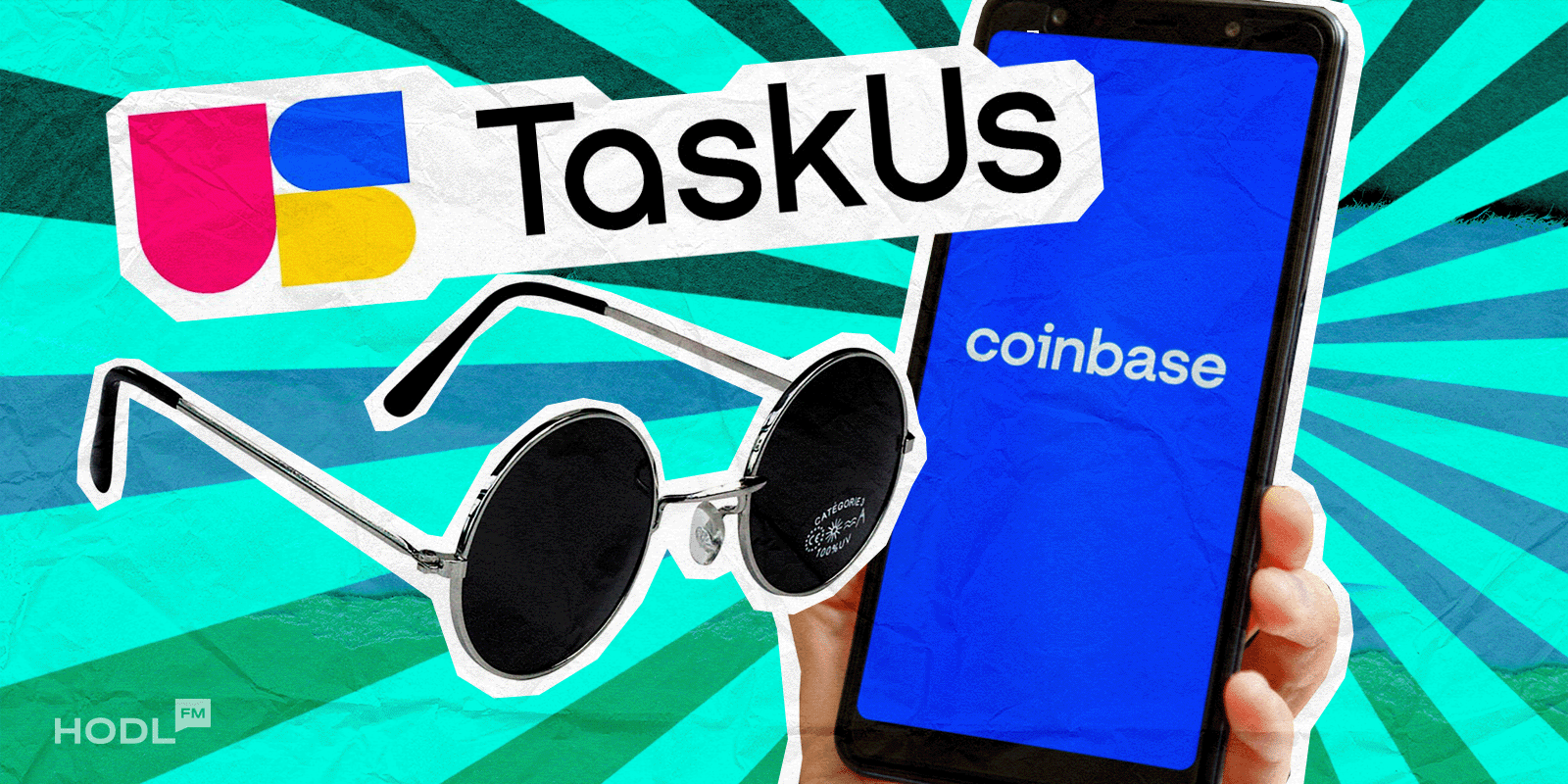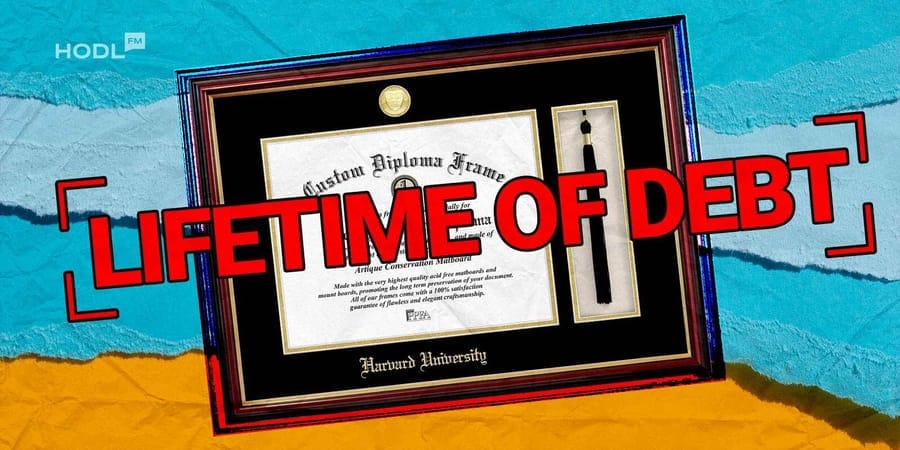Ramil Ventura Palafox admits to wire fraud and money laundering after defrauding 90,000 investors through Praetorian Group International.
A $200 million Bitcoin promise that never existed
Ramil Ventura Palafox, chief executive of Praetorian Group International (PGI), pleaded guilty in Virginia this week to wire fraud and money laundering. Prosecutors said the 60-year-old, a dual U.S. and Philippine citizen, oversaw a $200 million Bitcoin Ponzi scheme that lured more than 90,000 investors and generated at least $62 million in losses.
PGI advertised daily returns of 0.5% to 3% through what it called a Bitcoin trading program. According to the Justice Department, the program never operated at scale. Instead, deposits from new investors were recycled to pay earlier participants, while Palafox diverted millions into personal luxuries.
He now faces up to 40 years in prison and has agreed to restitution of $62.7 million.
Investor money spent on cars, homes, and luxury goods
Between December 2019 and October 2021, investors contributed more than $201 million to PGI, including $30 million in fiat currency and over 8,100 Bitcoin valued at about $171 million at the time.
Authorities said Palafox spent roughly $3 million on 20 high-end cars, more than $6 million on homes in Las Vegas and Los Angeles, and hundreds of thousands on penthouse suites and designer brands like Rolex, Cartier, and Gucci.
The illusion of profitability was reinforced through PGI’s online portal, which displayed fictitious account balances and fabricated gains. The platform helped sustain investor confidence until withdrawal requests surged and the scheme collapsed.
A familiar pattern
Analysts described Praetorian as a textbook Ponzi scheme with a multi-level marketing layer.
Participants earned not only from supposed trading profits but also from recruiting new members, a structure that amplified the illusion of legitimacy.
“Praetorian is a textbook Ponzi scheme MLM structure with promises of unrealistic returns through “ AI Bitcoin arbitrage” .
thinks Dan Dadybayo, research and strategy lead at Unstoppable Wallet.
Dadybayo is referring to multi-level marketing (MLM), a sales model where participants earn money both by selling products or services and by recruiting new members into the scheme. While schemes like the one run by Ramil Ventura Palafox prey on promises of impossible returns, another major threat in crypto is hacks and security breaches.
Over the past decade, billions of dollars have been lost in such incidents, undermining trust and weak spots across exchanges, DeFi protocols, and cross-chain systems.
The 2014 collapse of Mt. Gox, once the world’s largest Bitcoin exchange. The exchange lost roughly 850,000 BTC, worth around $460 million at the time, due to theft and mismanagement. Investors waited years for repayment, with a civil rehabilitation plan finally allowing partial returns beginning in 2024.
Lessons for investors and regulators
The persistence of schemes like PGI highlights both investor vulnerability and enforcement gaps.
“Greed is universal, and regulators don’t have the resources to chase everyone,” Dadybayo said.
Spotting fraud requires financial literacy and vigilance. Guaranteed returns, MLM-style recruitment, and unverifiable “AI” claims are key red flags. Regulators and industry groups continue to stress the importance of international coordination and transparent audits to reduce the recurrence of similar scams.
Palafox is scheduled for sentencing on February 3, 2026. While the statutory maximum is 40 years in prison, sentences in fraud cases often fall below the maximum.
As the Justice Department announced, the lesson is not about Bitcoin itself but about fraudulent conduct. Strengthening investor awareness, combined with sharper global oversight, may be the most effective way to prevent the next “textbook Ponzi.”

Disclaimer: All materials on this site are for informational purposes only. None of the material should be interpreted as investment advice. Please note that despite the nature of much of the material created and hosted on this website, HODL FM is not a financial reference resource, and the opinions of authors and other contributors are their own and should not be taken as financial advice. If you require advice. HODL FM strongly recommends contacting a qualified industry professional.




